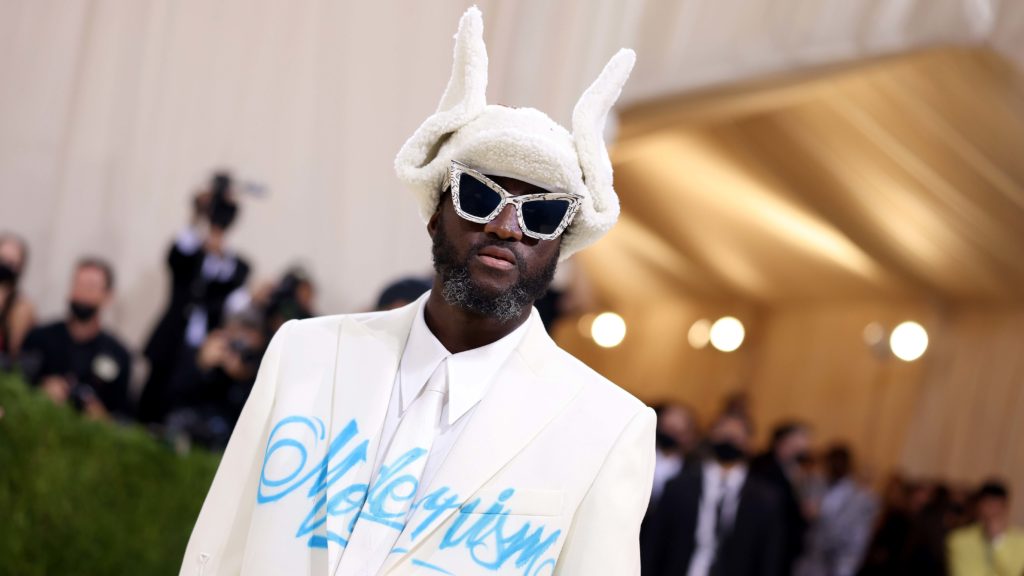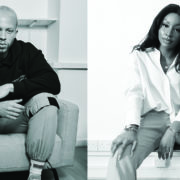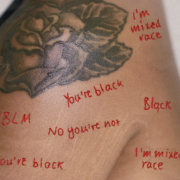Remembering Virgil Abloh: The Man, The Myth, The Legend

On the 28th November 2021, it was announced that Virgil Abloh, Designer, DJ, Husband and Father, had died due to cardiac angiosarcoma, a rare form of cancer.
Virgil’s death came as an unpleasant shock to the system for everyone. Despite battling cancer for two years, there had been no signs of what Virgil and his family were going through as he continued to work at a relentless pace up until his death. Mostly known for being the founder and designer behind the Off White label and since 2018, the artistic director of Louis Vuitton, Virgil’s career and achievements spanned many disciplines.
The Man
A self-confessed workaholic, Virgil entered the fashion world with a master’s degree in architecture, the design principles of which underpinned a lot of his work as a fashion designer. He was also heavily involved in the music world, moonlighting as a DJ and art directing the album cover for Jay-Z and Kanye West’s ‘Watch the Throne’, which he received a grammy nomination for.
His wide range of interests and high level of execution made him formidable. Yet, regardless of his status Virgil maintained an accessible persona through his social media presence, and the numerous talks and interviews he did. In addition, he led and supported a host of initiatives providing opportunities for young, up and coming creatives.
In a statement on Instagram his wife remembers Virgil as believing deeply in the power of art to inspire future generations quoting that he often said, “Everything I do is for the 17-year-old version of myself”.
“Virgil was not only a genius designer, a visionary, he was also a man with a beautiful soul and great wisdom,” said Bernard Arnault, the chairman of LVMH in a statement.
The Myth
Virgil has been heavily criticised and dragged online for some of the things he said and did, which some might say is the mark of a true artist. Someone who thought for themselves. Virgil did not let the opinions of others dictate what he believed to be true. He was a disruptor – not because he was intentionally destructive – but because he wasn’t afraid to question things that most people would just accept, deconstruct it down to its parts and reinterpret it as something new, a process which is inherently disruptive.
He had controversial moments and strongly divided opinions, which at times took the attention away from his dedication to the core mission of uplifting and nurturing the next generation. Despite what some people may have thought of him as a result, Virgil stood on what he said and did but also wasn’t afraid to change his stance when provided with new information.
The Legend
If there’s one thing Virgil has often gone on record saying, it’s that he wanted to pull others with him through the doors he opened. As Tyler the creator said in a tribute post on Instagram “Everything he did felt like he said “hey over here, coast is clear”. He nurtured talents such as Samuel Ross, Gabriel Moses, Clinton of Corteiz, and Free the Youth amongst many more, in the hopes that they would be the type of people to take over from him when it was time for him to move on. He was the representation a lot of us needed to see in the world and signified for everyone who has a dream that anything is possible when you put your mind to it.
In an interview with Dazed, Virgil poignantly said “As Black people, the first thing to go is the imagination, because our reality is so heavy. That luxury of imagining is what we’re fighting for with our creativity”. Virgil was intelligent, inquisitive and open-minded. He had a way of explaining complex concepts in the simplest of ways. His unique way of viewing the world and questioning what made things so led him to create his signature use of quotation marks for Off White, it led him to replace a high heel with an allen key, it led him to create shoes for Nike that weren’t meant to be worn but instead displayed as art. Ultimately, it led him to create new conventions through his enduring unconventionality.
Virgil revolutionised streetwear, how it was defined, how it was worn and who it was for. When Virgil said ‘streetwear would die’, there was uproar but all he meant was that everything has its time and that time will eventually come to an end.
Thank you Virgil, for your contributions to culture and the world. You will be remembered fondly and your legacy will live on.
“FOREVER”

Discover more from GUAP’s Fashion section here





![ZINO VINCI’S ‘FILTHY & DISGUSTING’EP BRINGS YOU TO THE CORE OF THE ARTIST [@ZinoVinci]](https://guap.co/wp-content/uploads/2023/10/Zino-4.jpg)



